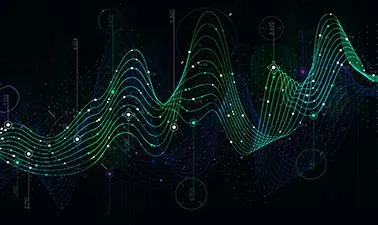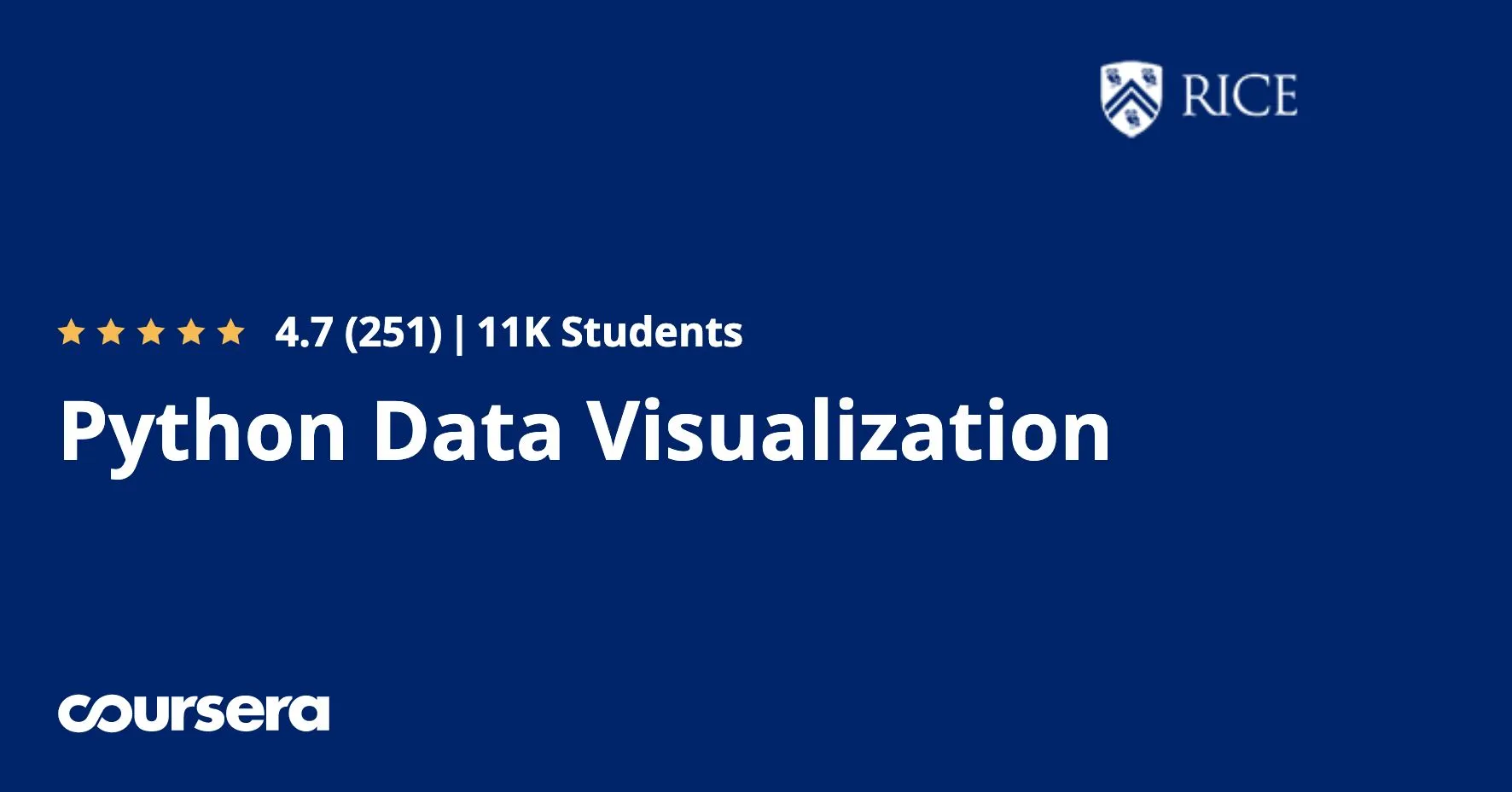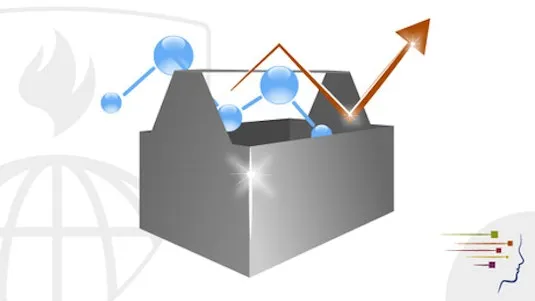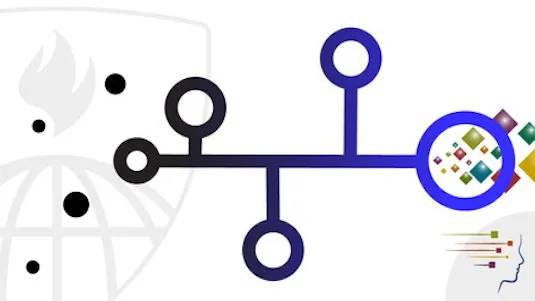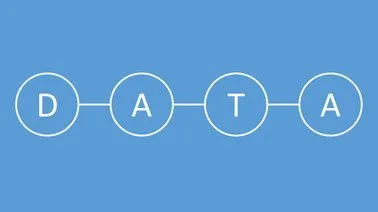Free Online Big Data Courses and Certifications 2024
Big Data is a term used to describe large and complex datasets that require advanced analytics to uncover valuable insights. It is used in a variety of fields, such as finance, healthcare, and marketing. People with an interest in data science, analytics, and programming can benefit from taking courses related to Big Data.
Popular Courses
This course provides an introduction to the philosophical and logical aspects of Applied Data Science. Students will gain an understanding of the sorites paradox and the Liar paradox, as well as the logics K3, LP and ST. They will also learn about paracompleteness, paraconsistency and duality, and how to use multiple conclusions and the tableaux technique to construct proofs. Join now and explore the fascinating world of Applied Data Science!
Learn MoreLearn how to integrate and process big data with this comprehensive course! Gain the skills to retrieve data from databases and big data management systems, identify when a big data problem needs data integration, and execute big data integration and processing on Hadoop and Spark platforms. No prior programming experience is needed. Get started today!
Learn MoreDiscover how to use Data Science and Agile Systems to optimize product management. Learn the paradigms, processes, and technologies that enable data-driven product organizations to outpace the competition. Explore how to use Lean and DevOps principles to streamline handoffs and information flows across teams. Understand how to use data collection and feedback loops to anticipate and react to business needs.
Learn MoreLearn to analyze massive datasets and uncover hidden patterns with this comprehensive course. Join now and gain the skills to make data-driven decisions.
Learn MoreDiscover the power of data science with Python! Learn to use python tools to import, explore, analyze, and visualize data. Become part of a world-wide community of data scientists and gain the skills to find answers in large datasets. Enroll in this course and start your journey to becoming a data scientist.
Learn MoreDiscover the power of Big Data with this introductory course! Learn the fundamentals of the Big Data landscape, the V's of Big Data, and how to use the Hadoop framework to analyze and transform data. No prior programming experience is needed. Get started today and unlock the potential of Big Data!
Learn MoreDiscover the power of spatial data science and unlock the potential of your data. Enroll in this course and explore the new frontier of analytics.
Learn MoreLearn to use computation to solve real-world problems with 6.00.2x. This course provides an introduction to computational problem solving and data science, with topics such as advanced programming in Python 3, knapsack problem, graphs and graph optimization, dynamic programming, plotting with the pylab package, random walks, probability, distributions, Monte Carlo simulations, curve fitting, and statistical fallacies.
Learn MoreEnroll now and learn how to use computational thinking and Python to make sense of data and make informed decisions.
Learn MoreThis is the final course in the Python specialization, and it builds on the knowledge acquired in the previous courses. Python Data Visualization will teach you how to install external packages, acquire data from the web, clean, process, analyze, and visualize it. You will be able to write interesting, practical, and useful programs by the end of the course. With the skills you have learned, you will be able to locate, install, and use Python packages written by others, amplifying your effectiveness and writing useful programs.
Learn MoreData scientists are in high demand, and this course provides an introduction to the tools and ideas they need to succeed. Learn the basics of data analysis, version control, markdown, git, GitHub, R, and RStudio in this comprehensive course. Get the skills you need to become a data scientist and start your career today.
Learn MoreThis course covers the basics of getting and cleaning data. Learn how to obtain data from the web, APIs, databases, and colleagues. Understand how to make data "tidy" and the components of a complete data set. Get the skills needed to collect, clean, and share data.
Learn MoreAre you ready to take your programming skills to the next level? Learn how to code complex data with the Software Development MicroMasters program. This course will teach you how to capture common data and control structures using abstraction, design search programs, and even solve Sudoku puzzles. With staff grading and increased interaction with the instructor and staff, you'll be able to write well-structured and well-tested code that is easy to maintain. Sign up today and take your programming skills to the next level!
Learn MoreData Science is a field of study that combines mathematics, statistics, and computer science to extract knowledge and insights from structured and unstructured data. It is a multidisciplinary approach to uncovering patterns and correlations in data sets to help organizations make better decisions. Data Science involves the use of algorithms, machine learning, and artificial intelligence to analyze data and draw meaningful conclusions. It also involves the use of data visualization techniques to present the results in an easy-to-understand format. Data Science is an essential tool for businesses to gain insights into their customers, products, and operations.
Learn MoreLearn to code with ease! This course, part of the Software Development MicroMasters Program, focuses on a systematic programming method rather than a programming language. You'll learn to develop program requirements, produce programs with consistent structure, and make your programs more reliable with tests. Plus, you'll design a simple interactive game. Enroll in the Verified track to receive staff grading and increased interaction with the instructor and staff. Don't take our word for it - edX Learner says it's the best course they've taken!
Learn MoreThis course offers an interactive and engaging approach to learning data structures and their applications. Through the use of "STOP and Think" questions, "Exercise Breaks", and "Code Challenges", students will gain a comprehensive understanding of the concepts and algorithms covered. With language-agnostic theory and algorithm analysis, students of all levels can benefit from this course.
Learn More Big Data Courses
Career Trends
Career Prospects
| Average Salary | Position Overview
|
Software Engineer | $146,511 per year
| Software engineering is a field within computer science that focuses on creating, designing, testing, and maintaining software applications. Software engineers utilize engineering principles and their expertise in programming languages to develop software solutions that can be used by end users. |
Data Engineer | $160,359 per year | Data engineers work in diverse environments to construct systems that gather, organize, and transform raw data into meaningful insights for data scientists and business analysts to analyze. Their primary objective is to facilitate data accessibility, enabling organizations to evaluate and enhance their performance. |
Engineering Intern | $3,363 per month | Engineering interns acquire knowledge in planning and executing technical productions, communicating their ideas effectively, and working collaboratively towards a common objective with a team. As an intern, you may initially handle some fundamental responsibilities and then progress to more advanced ones after gaining proficiency. |
Principal Software Engineer | $207,842 per year | A principal software engineer is a professional with both management and technical expertise, responsible for designing, testing, and developing software to help companies achieve their objectives. They lead the development teams and oversee the technical aspects of computer software projects. |
Educational Paths
1. Bachelor's or Master's degree in Computer Science or a related field with a focus on data analysis and management.
2. Certification courses in Big Data technologies, such as Hadoop or Apache Spark.
3. Online courses and tutorials on data analysis and Big Data platforms, such as Coursera, Udemy, or edX.
4. Bootcamps or intensive training programs focused on data analysis and Big Data management.
5. Industry-specific training programs or apprenticeships with companies that specialize in Big Data technologies.
Frequently Asked Questions and Answers
Q1: What is big data in example?
Big data encompasses a wide variety of data types, including structured data like transactions and financial records, unstructured data like text, documents, and multimedia files, and semistructured data like web server logs and streaming data from sensors.
Q2: What are the 4 V's of big data?
There are generally four characteristics that must be part of a dataset to qualify it as big data—volume, velocity, variety, and veracity.
Q3: What are the 3 types of big data?
Structured data, Unstructured data, Semi-structured data
Q4: What are the five 5 of big data?
The 5 V's of big data (velocity, volume, value, variety, and veracity) represent the five fundamental and inherent characteristics of big data.
Q5: What Big Data courses can I find on AZ Class?
On this page, we have collected free or certified 179 Big Data online courses from various platforms. The list currently only displays up to 50 items. If you have other needs, please contact us.
Q6: Can I learn Big Data for free?
Yes, If you don’t know Big Data, we recommend that you try free online courses, some of which offer certification (please refer to the latest list on the webpage as the standard). Wish you a good online learning experience!








